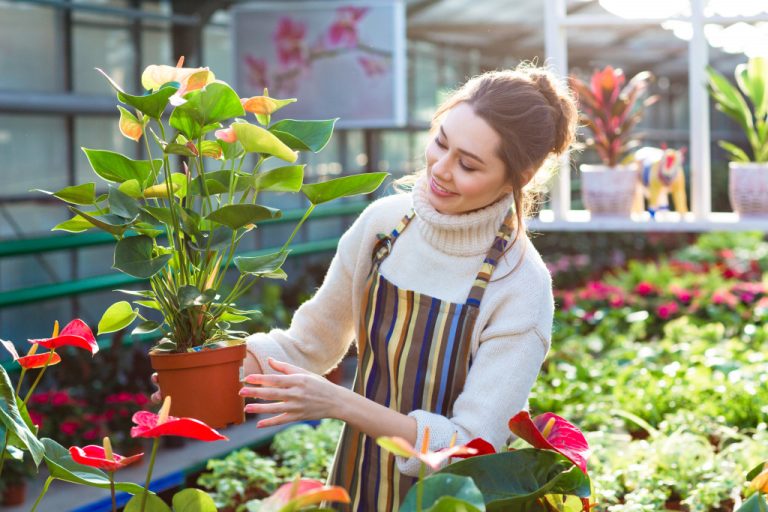It’s an age-old question. You’ve been caring for your plants, watering them, and giving them all the love they need. So why, despite all your effort, do they keep dying on you? If this sounds familiar, don’t worry – you’re not alone. In this blog post, you’ll learn about a few of the most common reasons why your home garden plants might be dying and how you can fix them. Read on to find out more:
They’re not getting enough water
One of the most common mistakes in plant care is not giving plants enough water. Depending on the type of plant, most require around one to two inches of water per week. If you live in an area with high humidity, your plants may need even more water than that. To ensure your plants get enough H2O, check the soil before watering. If it’s dry to the touch, it’s time to give your plants a drink.
You should also know that the quality of the water you’re using can make a big difference. Hard water, for example, can build up in the soil over time and prevent your plants from absorbing the water they need. Instead, opt for filtered or bottled water to ensure your plants get all the nutrients they need.
They’re not getting enough light
Just like people, plants need sunlight (or, in some cases, artificial light) to grow and thrive. If your plants are constantly wilting or looking lackluster, it might be because they’re not getting enough light.
Try moving your plants to a sunnier spot in your home or office to remedy this. If that’s not possible, you can invest in grow lights that mimic sunlight and help your plants get the nutrients they need.
They’re not getting enough nutrients
Another common reason for plant death is a lack of nutrients. Even if you’re using high-quality soil, over time, it will become depleted of the nutrients your plants need to survive. The solution? Plant food! Give your plants a little boost every few weeks by adding some plant food to their water. This will help them absorb more nutrients and stay healthy for longer periods.
You should also consider using pine straw mulch to prevent excess water from draining away and leaving your plants dehydrated. Pine straw can also help prevent weeds, which can steal precious nutrients from your plants. Just make sure you order from a reliable pine straw supplier. They’re the best way to ensure that you get high-quality pine straw at an affordable price.
They’re being overwatered
While it’s important to provide your plants with enough water, it’s just as important not to overdo it – too much water can actually kill your plants! If you think you might be overwatering your plants, there are a few telltale signs to look out for: yellow leaves, mushy stems, and overall wilting (even when the soil is dry). If you see any of these symptoms in your plants, cut back on watering and see if they improve.
If they don’t, you may want to consider investing in a water meter, which can be used to measure how much water your plants are getting. This way, you’ll know exactly when and how much to water them – helping keep your plants alive, healthy, and thriving.
They have pests
Last but not least, another possible reason why your home garden plants might be dying is pests! Insects love nothing more than munching on tender leaves and stems – if you see holes or bites taken out of your plant’s foliage, chances are pests are involved. The best way to combat pests is by using an insecticide specifically designed for use on plants. This will help kill any bugs currently feasting on your greenery and deter future infestations.
However, bigger pests like moles and other small rodents can wreak havoc on your plants. If you’re dealing with a larger pest problem, it’s best to call a professional pest control company for help. With the right tools and expertise, they’ll be able to quickly and effectively rid your garden of pests so you can get back to growing healthy plants in no time!
If you’ve been struggling to keep your home garden alive and healthy, hopefully, this blog post has given you some insights into what might be going wrong – and how to fix it! Remember – healthy plants start with understanding their specific needs and ensuring they are consistently met. With a little TLC, you’ll grow strong and vibrant plants in no time!

